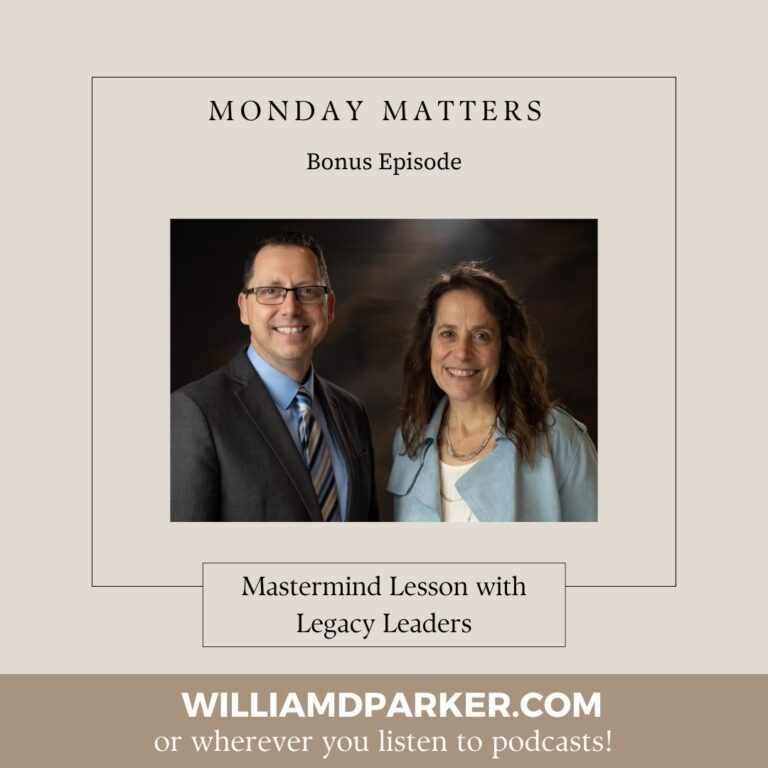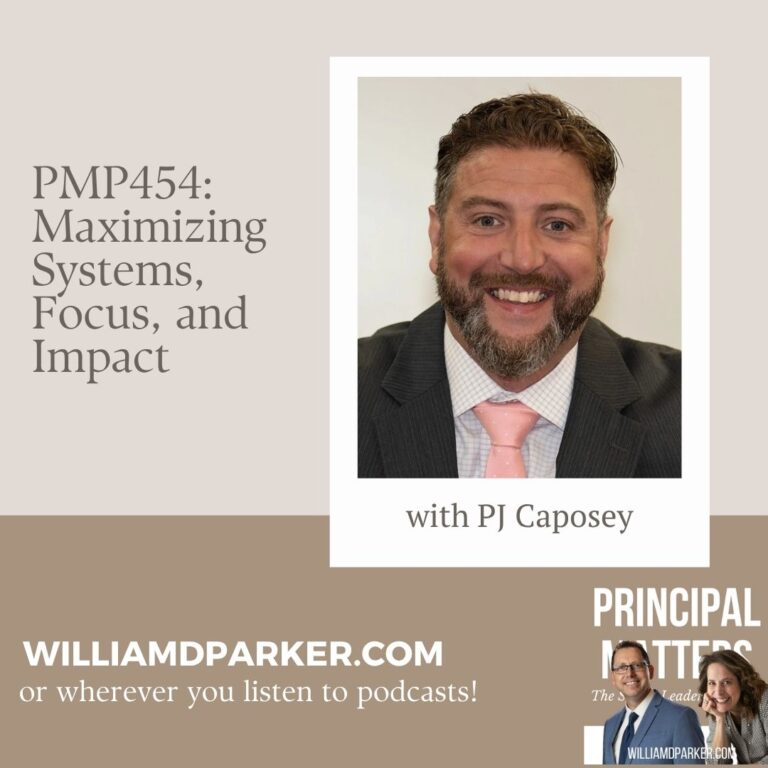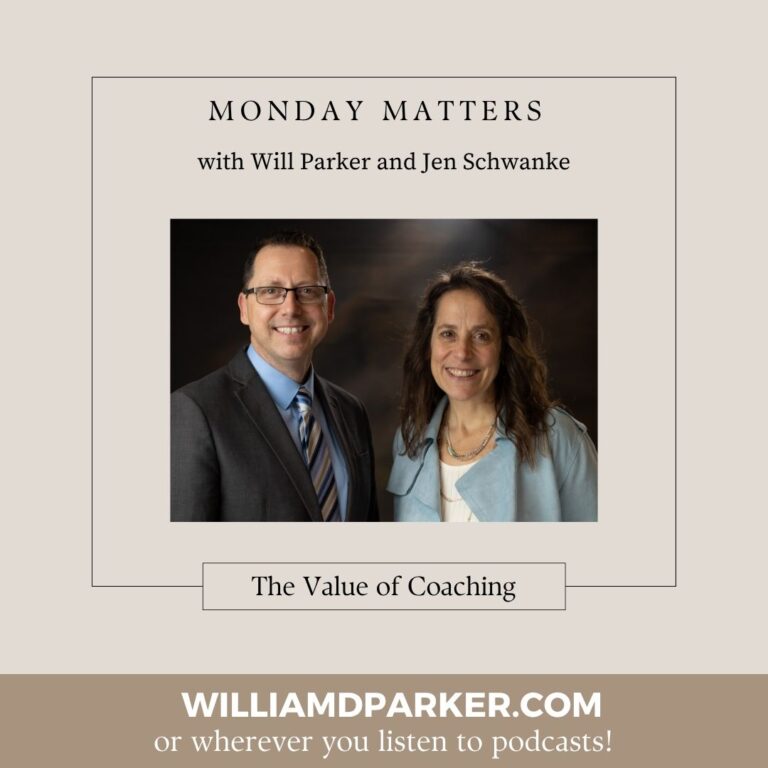The following is a Q & A between Carol Dweck and me.
Carol is a Professor of Psychology at Stanford University and author of Mindset: The New Psychology of Success. For many years, she has been doing research on how students and schools can thrive by adopting more of a “growth mindset”—the belief that our most basic skills and talents can be developed.
She is widely regarded as one of the world’s leading researchers in the fields of personality, social psychology, and developmental psychology. Want to hear her in person? She will be speaking as a keynote for the NASSP Ignite Conference in Dallas this February.
My goal in posting interviews with successful thought-leaders in education like Carol is to inspire us to reflect on how our own choices, goals, and actions can affect our lives, our leadership, and our teams. I must also give credit to John Lee Dumas whose great podcast interview questions I have modified for the Q & A’s I have with my guests.
WDP: Thank you so much for sharing with us! I like to begin with a favorite success quote. What is one of yours?
Carol: “Fail early, fail often, succeed sooner.” It’s the motto of Silicon Valley, but it should be universally endorsed. The sooner we find out what we don’t know, the sooner we start learning and succeeding.
WDP: Can you explain how you have used the idea contained in your favorite quote to affect leadership in your field?
Carol: I have used the idea in this quote to promote learning among students, teachers, and administrators (as well as business leaders).
In order to be successful in school and in today’s super-charged, changing world, you have to tolerate challenges, risks, and failures. You have to stretch out of your comfort zone and use every resource at your disposal to succeed: the information from your last attempts, your own continued effort, new strategies, and the help, mentoring, and collaboration of others.
And to do this, you have to have that “growth mindset”–the belief that your brain gets smarter through stretching and learning. A fixed mindset–the belief that your abilities and talents are fixed–makes failure a very frightening thing. Failure undermines your very being. It’s like a neon sign flashing “Dumb!”
WDP: Effective leadership still includes failing. Can you take us back to a failure or obstacle you overcame and how you did it.
Carol: My own fixed mindset. I grew up in a culture that valued fixed intelligence–my 6th grade teacher even seated us around the room in IQ order. Being smart, feeling smart, looking smart were the most important things to me. But this means you never take risks; you never try for things you aren’t already sure you can reach.
I overcame this obstacle through my own research–through the discovery of how limiting it is to believe in and worship fixed intelligence and how liberating it is to believe in the idea that talents are developed through your effort, strategies, and collaborations with others. I’ve never looked back.
WDP: What a great lesson on the importance of stretching our thinking. Please share an example of something you have done that required risk but resulted in positive results.
Carol: Writing my book Mindset.
Before Mindset, I had written only academic works for academic audiences. I had never written anything in a “popular” style and didn’t really know how to do it. Writing for a popular audience was also frowned upon in many academic circles—it was a big risk. It was also the best thing I’ve ever done.
Mindset took me and my work out into the real world of educators, athletes, parents, coaches and business leaders, greatly enriching my work and my life.
WDP: Can you give an example of an “aha!” moment where you realized a key truth that you turned into a success?
Carol: That would be the discovery of the fixed and growth mindsets. I was working with my doctoral student Mary Bandura when we realized that there were two entirely different ways of viewing ability–as a fixed trait that you have to measure and validate or as a quality that you can develop through learning.
We also understood the profound implications of the two different views. This “aha!” moment turned into my life’s work.
WDP: Do you feel like you have had an “I’ve made it” moment?
Carol: No. I’ve had many peak experiences in my work and many moments of extreme gratification, particularly when I see evidence that my work has helped students thrive or made schools and organizations better places to be. But my journey continues, so—in a good way– I never feel that I’ve arrived at my final destination.
Also, “I’ve made it” implies that it’s been all about me. It hasn’t; it’s been about the work, about the people I’ve worked with, and about the people who might benefit from this work.
WDP: What was holding you back from seeing the high levels of success you have been experiencing for years now?
Carol: The same thing that holds back many of the students I study: a fixed mindset–being caught up in the idea of always being smart and never looking dumb. Now I just go for it and learn from whatever happens. It usually turns out great in the end.
WDP: What is the best leadership advice you have ever received?
Carol: Don’t just take criticism well when it’s given–seek it out. Honest feedback from others is a wonderful way to grow. We might not always like what we hear, but it’s often valuable.
WDP: If you could speak to the 20 year-old version of yourself, what advice would you give him or her?
Carol: I wouldn’t give the young Carol any advice. I wouldn’t change anything on the road that brought me to where I am today. Every maladaptive belief, every mistake, and every struggle has played its part.
But if I met another young woman like that today, I would give her my book to read! I would vigorously address her fixed mindset and help her unleash her potential. Wasted potential is the saddest thing there is.
WDP: I am so thrilled that Dr. Dweck so graciously shared her wisdom and insight with us! If you want to learn more from her, check out her book, Mindset.
Now It’s Your Turn:
Carol shared how liberating it is “to believe in the idea that talents are developed through your effort, strategies, and collaborations with others.” What are some ways you have seen your experience or those of your team members or students grow through stretching your limits? Share with the rest of us!
Sign-Up For Free Updates
When you enter your email address using this link, you will automatically receive my newest posts. Let’s keep learning together!


